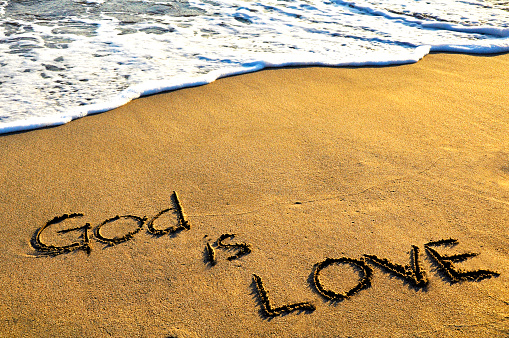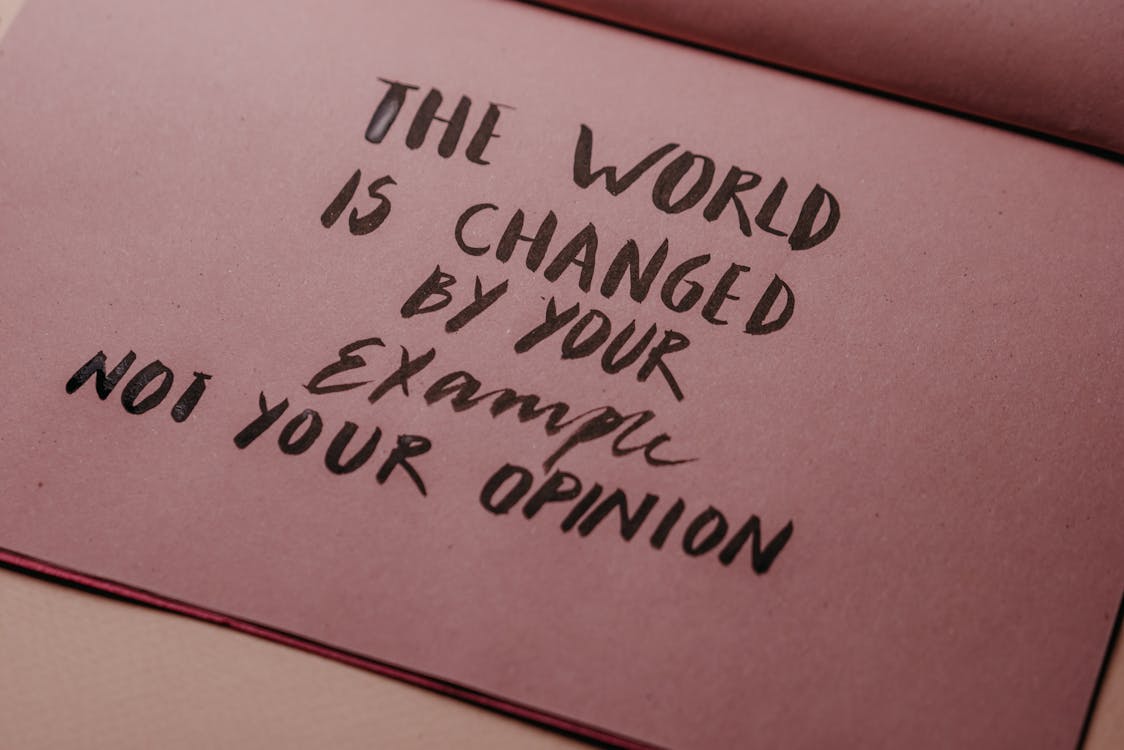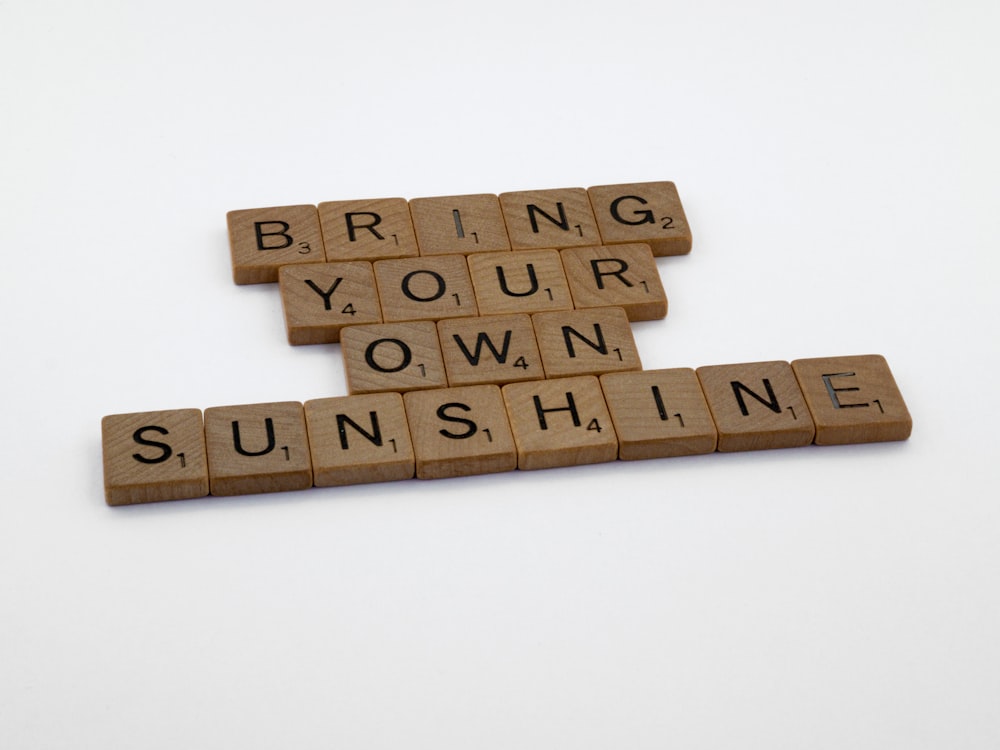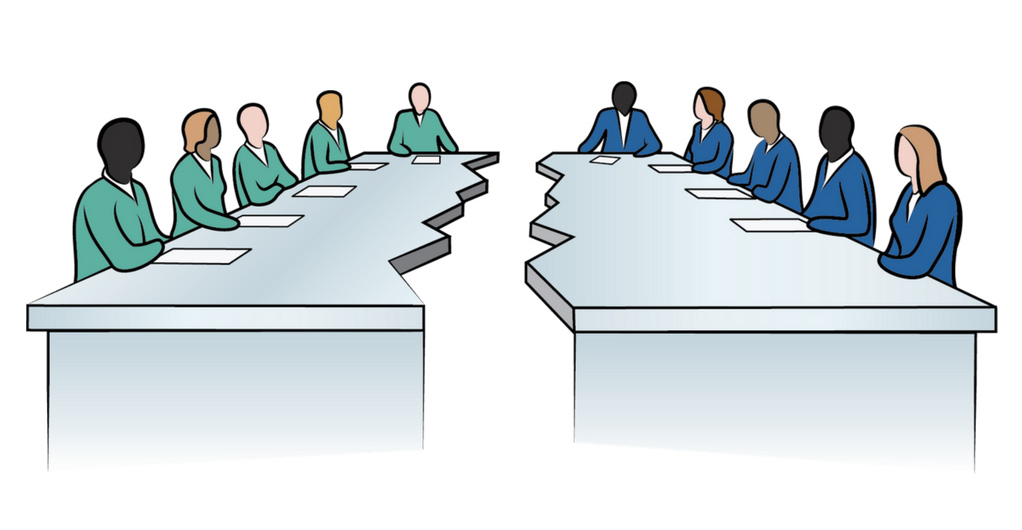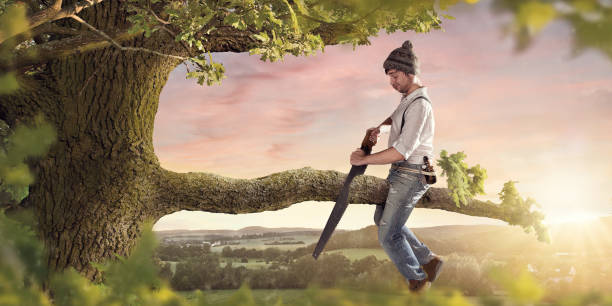
A novelist writes in the Sunday Talk column of the Catholic Times about "I Could be Wrong" understanding of her positions in life.
Bjorn Natiko Lindeblad, a Swede who graduated from the prestigious Stockholm School of Economics in Northern Europe, joined a multinational company and became its youngest executive. One day he suddenly quit his job and left for the forests of Thailand. He becomes a monk following the strictest precepts. One day, his teacher, Venerable Ajahn Jayasaro, gathered his disciples together and told them in a sermon that would guide them for the rest of their lives.
"Whenever a conflict is brewing, or when you confront someone, just repeat this mantra three times in your mind. Your worries will disappear like dew on the grass on a summer morning. I could be wrong. I could be wrong. I could be wrong."
This year the writer turned sixty. Last winter, her juniors gave her a surprise 60th birthday party. She said the following to commemorate her 60th birthday.
“I’m so glad that you guys praise me for being wiser, more generous, and calmer than when I was younger. But this is not what age gave me. If you get older and remain where you were, you'll just regress: more stubborn, and more narrow-minded. You become a fool who doesn't even know he's a fool. If there is any improvement in me compared to before, it is because of the blood and tears I needed to admit that I was wrong but they helped me become mature. I was embarrassed and upset, tears of blood were flowing when I admitted that I was wrong. But today, at age 60, when I look back on my life, I think that was the best thing that has happened. Praise my bloody tears!”
Looking back now, on the friends who she thought were weak who said: "My mom is sick" or "My younger sibling is still young" and needs help at home and fell behind in the rapid march of the times. Now that she thinks about it, how natural they were - after 40 years have passed, they are living the most sensible and righteous life, compared to the friends and seniors who were full of conviction at that time.
Not to mention other people, she includes herself. Perhaps the worst decision she made in her life was when she thought she was right, even with a knife at her throat. When she had no doubts about her beliefs, she was going with the worst option.
Looking back, she feels very fortunate to have gotten older. Nowadays, when she sees people who are so full of faith she feels anxiety. Sometimes she repeats to herself “That’s a hundred percent!” and then is embarrassed. When she feels distraught about things in this world, when she hates someone, or when anger rises, she repeats over and over again "She could be wrong, I don’t know everything." [When one is not distraught and overcome with hate and anger faith is not a problem--- reason should be in control]
Then, strangely enough, her anger and hatred loosen up a little, a quiet breath comes through, and only then does her soul enjoy a little peace. Then, she will straighten her stiff shoulders and think about it all very calmly. Perhaps it is then that she is hearing Jesus' quiet whisper: "Do not judge".
